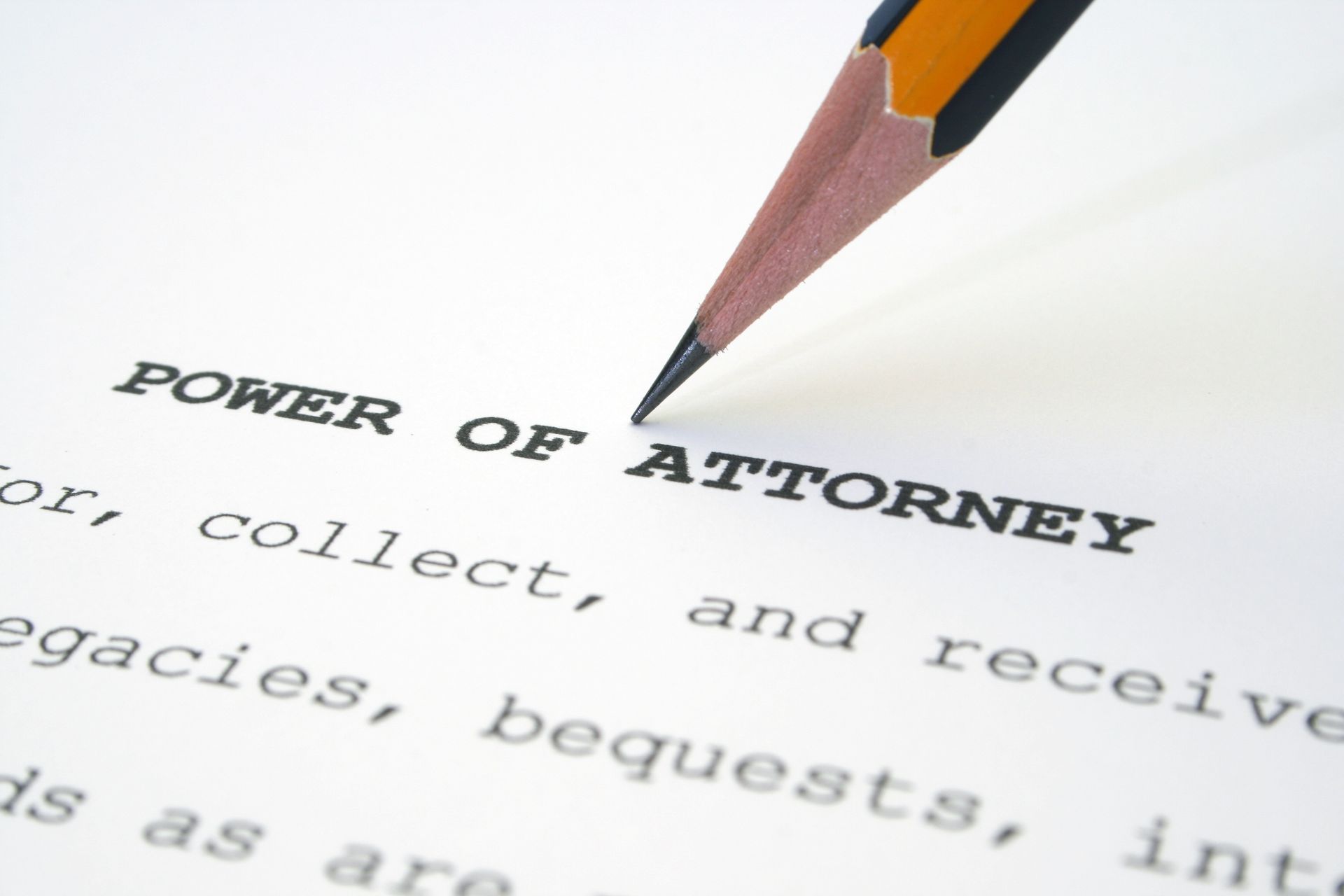Navigating through the clauses of homeowners insurance policies can be as daunting as trying to tread carefully on a slippery floor. For Florida residents, understanding the specifics of such coverage is key in the event of a slip-and-fall incident on their property. But what do these policies actually cover, and what happens if a claim surpasses your policy's limits? This blog post will dissect the intricacies of homeowners insurance in Florida regarding slip-and-fall injuries, homeowner liabilities, policy coverage, and the potential of legal assistance when dealing with these complications.
Homeowner's Liabilities in Florida
In the Sunshine State, homeowners are obliged to maintain a safe environment for all visitors. If negligence leads to an injury, such as a slip-and-fall accident, the homeowner could be deemed liable. This means keeping walkways clear, cleaning up spills promptly, and warning guests of any potential hazards. Failing to do so could not only result in harm but also a hefty claim against the homeowner's insurance policy.
Insurance Coverage for Slip-and-Fall Injuries
Most homeowners insurance policies in Florida provide coverage for injuries that occur on the homeowner's property, including those that are the result of slip-and-fall accidents. The coverage typically includes medical payments for the injured party and may also cover legal expenses if the incident leads to a lawsuit. However, the extent of coverage depends on the terms of the policy and the level of negligence involved.
When Claims Exceed Policy Limits
Insurance policies aren't infinite; they have clearly defined limits. If a slip-and-fall claim's value exceeds those limits, the homeowner may be personally responsible for the difference. This can pose a significant financial threat to the homeowner's assets.
For example, if your policy covers up to $100,000 for personal liability, and the claim is assessed at $150,000, the homeowner might be liable for the remaining $50,000 out-of-pocket. It's a situation that underscores the importance of having adequate insurance coverage relative to the potential risks and values associated with your property.
The Role of Attorneys in Slip-and-Fall Claims
Attorneys can be a valuable asset in navigating the aftermath of a slip-and-fall injury claim. They can help in several ways:
- Assessment: An attorney can help determine the viability of a claim and whether the homeowner's actions (or inactions) could be considered negligent.
- Representation: If the matter goes to court, homeowners will need legal representation to argue the case on their behalf.
- Negotiations: Often, personal injury claims are settled out of court. Attorneys can negotiate with insurance companies to reach a settlement that's fair to all parties involved.
- Guidance: An attorney can provide guidance on how to proceed if the claim exceeds policy limits. This may involve negotiating a payment plan or other arrangements that protect the homeowner's assets.
For Florida residents, understanding how homeowners insurance applies to slip-and-fall injuries is paramount in protecting oneself from substantial financial repercussions. It's clear that while insurance can buffer some of the impacts, it's not always a complete safeguard. When crafting or updating your homeowners insurance policy, it's wise to consider the potential for such incidents and ensure your coverage is adequate.
If you find yourself in the unfortunate position of dealing with a slip-and-fall injury claim, do not hesitate to seek legal counsel. The guidance of a competent attorney can help mitigate the otherwise complex and stressful process of claim handling, especially when the stakes are high. Remember, prevention and preparation are key—ensure your property is safe for all and your insurance is robust enough to cover the unexpected.
Key Takeaways for Florida Residents:
- Ensure you're fully aware of your homeowners' policy coverages and limits.
- Understand your liabilities regarding injuries on your property.
- In the event of a claim, seek professional legal advice, particularly when dealing with extensive claims.
- Consider umbrella policies for added coverage to protect against claims that exceed your homeowners insurance limits.
Preserve peace of mind by staying informed and legally prepared; after all, the safety net of your homeowners insurance should be as reliable as the ground beneath your feet—not one prone to causing a fall.


Want to work with us?
Let's Get in Touch.
VISIT US
21035 Leonard Rd
Lutz, FL 33558
GIVE US A CALL
HOURS
Mon - Fri
8:30am - 5:30pm
Contact Us
We will get back to you as soon as possible.
Please try again later.

